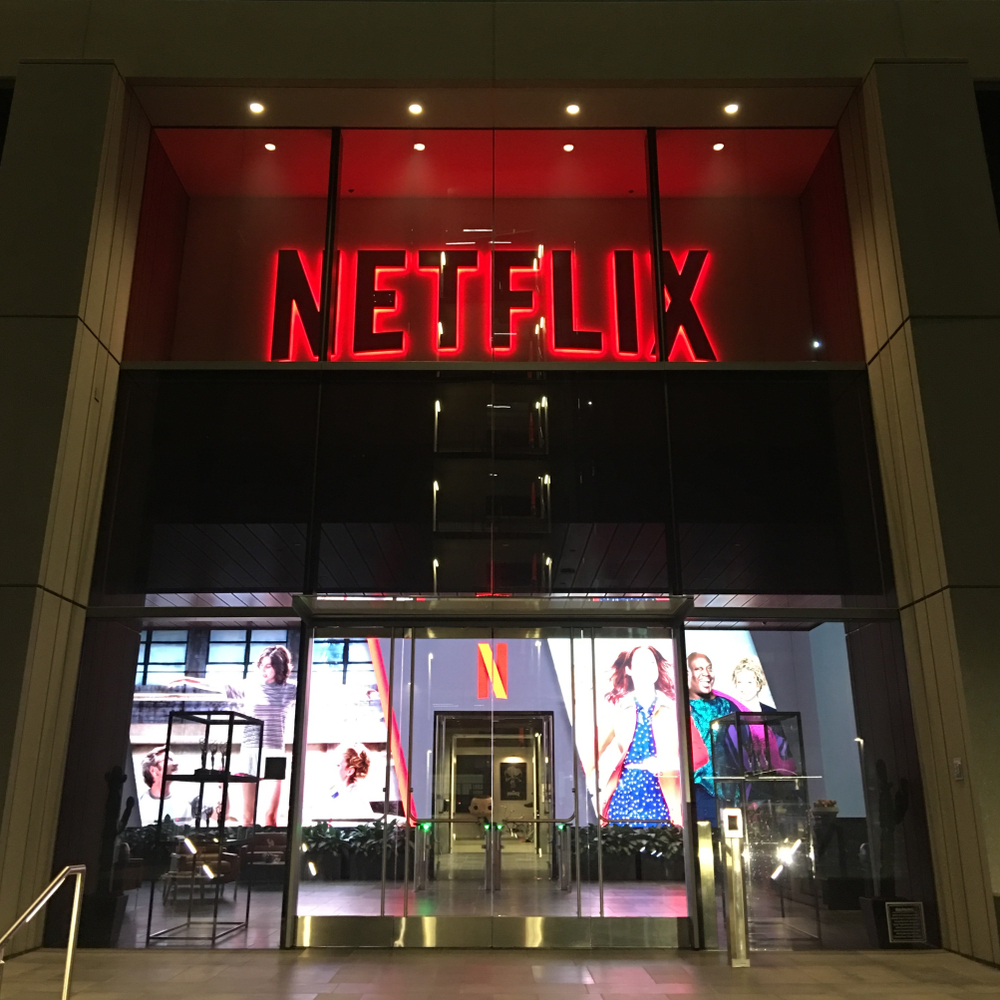Adulting — values and chores associated with the adults that the millennials grew up with — may be the most abhorred word for members of Generation Y. But the reasons for this scorn are far from simple. The longest study on narcissism, published recently by the Michigan State University, shows that it is not ‘millennials’ but their predecessors, the ‘baby boomers’, who are more “hypersensitive” and “narcissistic”, making them “full of themselves” and more likely to “impose [their] opinions on others”. If these are the traits of the adults that millennials had to take lessons from, is it any wonder that they want to have nothing to do with adulting? Boomers — the data show that they are sceptical of a worldview that does not match theirs — may snort derisively at the findings. But they need only look at the president of the United States of America — among the first of the baby boomers having been born in 1946 — for corroboration.
This is not to say that the boomers are all bad. As a generation, they have excelled at achieving material success that makes life pleasurable, easy and long, inventing everything from the internet and the iPhone to synthetic skin grafts and — it is the millennials’ turn to snort in return — Viagra. Success can be deafening; perhaps this is why the boomers cannot hear anyone but themselves. But here is a sobering thought: boomers have struggled in the realms that many would consider more profound: governance, environment and public morality. In these matters, they can claim the dubious credit of tom-toming their blinkered vision, which, in turn, makes them — not millennials — members of the dreaded ‘Generation Me’ club. Born in the aftermath of a grim war, boomers left behind the reticence of their forebears — the silent generation — and demanded rights and social security. Their hypersensitivity is unsurprising given the bitter truth that boomers have to digest.
There is more to the boomers’ eagerness to thrust their vain and stodgy ideas onto the younger generation. Much like Doctor Frankenstein, they have not been able to keep up with their own inventions. Some of the changes — take the world wide web, for instance — that the boomers thought would make the planet a better place have now besieged the world of millennials. Can Gen Y then be blamed for the comfort and pleasure they derive from the virtual instead of the real? The internet is not the only problematic legacy that the millennials have been burdened with. Today, jobs are hard to come by, housing is expensive, childcare and education are prohibitively costly, thanks to the self-absorption of the pre-millennials. There is also the spectre of destruction: climate change threatens to obliterate both Generations Y and Z. Why, then, should the millennials not be reluctant to deal with such a dismal reality?
This crisis, though, is all the more reason to try and bridge the intergenerational chasm. But are the boomers ready to listen?












